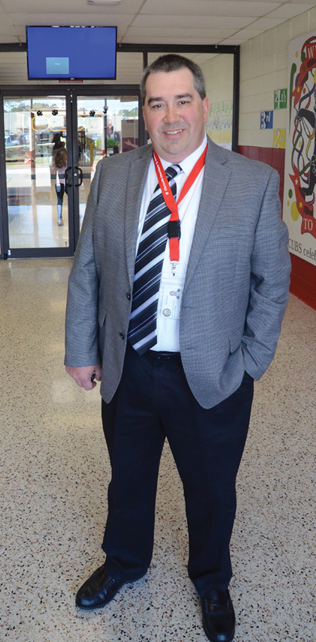
By Steve Brawner, © 2018 by Steve Brawner Communications, Inc.
Let’s start with the question that gets people interested: Should teachers be armed?
But before continuing, let’s go over some important but less controversial background information. On July 3, the 18-member Arkansas School Safety Commission appointed by Gov. Asa Hutchinson presented its preliminary report to him. It includes 19 recommendations, including school safety and security teams, strategies for reporting suspicious behaviors, enhanced access to student mental health services, and anti-bullying programs.
Some of the 19 could lead to legislation or regulations, while some simply recommend best practices for schools to implement.
Here’s one of the big challenges. In a country with 55 million schoolchildren, school shootings statistically don’t happen that often. But when they do, they are national tragedies that shatter parental and community trust. So what resources should be devoted to that kind of threat? Because inevitably in this imperfect world, they’ll come at the expense of other priorities, including academics.
Unless … you use the same resources for both purposes. And that’s where we get into the question of arming staff members. Continue reading In an imperfect world, should teachers be armed?

